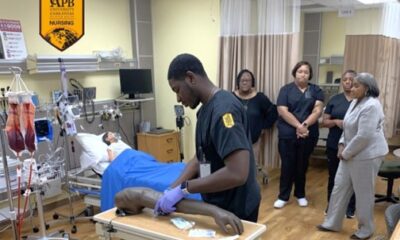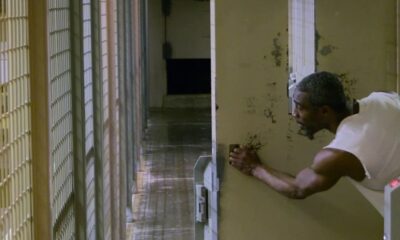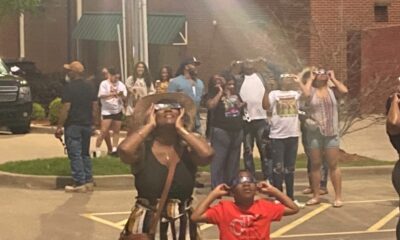Black History
Race in America: Better or Worse, One Year After Charlottesville
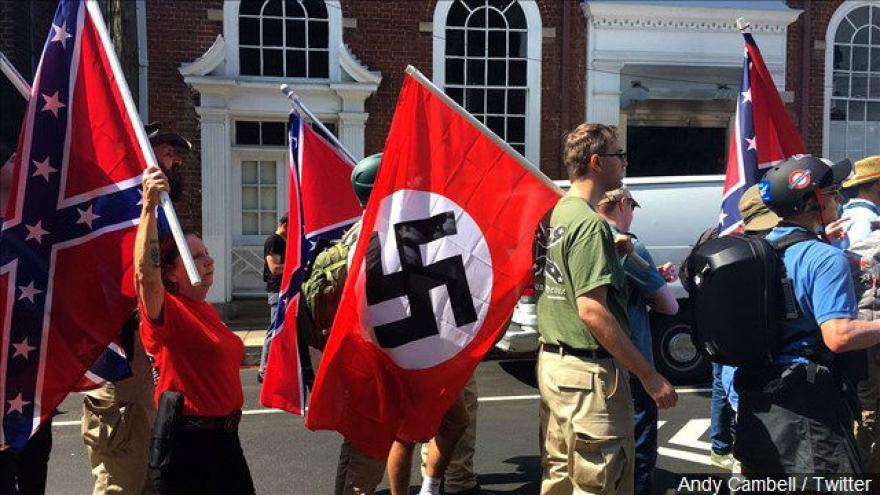
Washington, D.C. is ground zero this weekend for the white supremacists who left Charlottesville, Virginia bruised last year and exposed President Donald Trump’s affinity for their hateful, racist views when he failed to condemn their protests and described them as having “good people” in their midst.
The permit application for this year’s so-called “White Civil Rights Rally” indicates the one-year anniversary event will take place in Lafayette Square, located near the White House. There are reports David Duke and his supporters will protest in front of the White House.
“I think it just shows that the KKK, the neo-Nazis and the other white supremacists are celebrating,” says Dr. Ray Winbush. “They are celebrating Donald Trump. What we are seeing is people celebrating their racism.”
Winbush, who is the director of the Institute for Urban Research at Morgan State, points out that deaths linked to racial justice often involve African Americans and the police. And, in most cases, there are few witnesses. Yet, last year in Charlottesville when a car rammed into a crowd of counter protesters, Heather Heyer was killed.
“Charlottesville was a modern and very, very public example of Black people and White people getting together with those in opposition to the white supremacist march and a death occurred,” Winbush says.
Heyer was a 32-year-old white woman.
“White women are very important in America,” Winbush states. “I was musing with my students. If it had been a black woman, a black man, or even a white man, things would have been different. But, Whites now have a recent martyr like Viola Liuzzo, and I think the country pays attention to that, both black and white Americans.”
In an ABC News report, Heyer’s mother, Susan Bro, says she is “not dwelling in hate.”
In anticipation of unrest, the state of Virginia has already declared a state of emergency. In Washington, D.C. law enforcement is preparing for tempers to flare. And, movie producer, Spike Lee, timed the release of his new movie, BlacKkKlansman, to coincide with the one-year anniversary of Charlottesville.
Lee is known to address race relations in his films. Throughout his more than 30-year career as a filmmaker, he has not shied away from art that offers an opportunity to talk about race in America. In an interview with TIME magazine, Lee recalled seeing Gone with the Wind while in college, and there was no conversation following the film he says to place the antebellum era in context nor was there discussion about the black actor, Butterfly McQueen who starred in it.
Winbush is cautious when he talks about Lee’s new film and its ability to foster a racial dialogue.
“I think this idea that we will have an American dialogue on race is an integrationist myth,” he says. “The idea is that you’ll have a truth and reconciliation commission like in South Africa. We attempted it in the 1990s under Bill Clinton, but that got sidetracked. We are in a bad place in this country. And, I hope Spike’s film achieves the national dialogue on race that he wants, but I don’t have much faith that it will happen.”
Many African Americans share the pessimism Winbush articulates. As the stories of whites calling the police on African Americans they think are in the wrong place such as the student at Smith College having lunch, the group of women playing golf, or the family eating at a Subway in rural Georgia, there is very little reason to believe the country is interested in a conversation about race.
According to Winbush, racism was “bad in the 60s, 70s, and 80s.” But, he adds, “This is the worst I have seen it in over 40 years.”

-

 Black History5 months ago
Black History5 months agoThe untold story of a Black woman who founded an Alabama hospital during Jim Crow
-
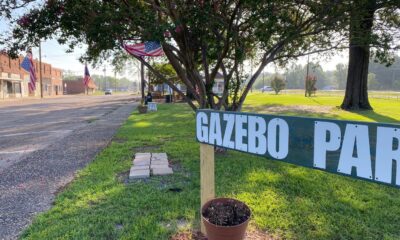
 Featured9 months ago
Featured9 months ago‘No Closure’ In Town Where Five Black Residents Were Either Murdered, Died Suspiciously Or Are Missing
-
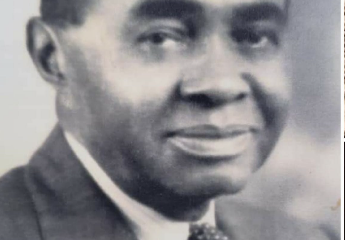
 Black History10 months ago
Black History10 months agoBlack History Lost and Found: New Research Pieces Together the Life of Prominent Texas Surgeon and Activist
-

 Featured9 months ago
Featured9 months agoFounder of “The Folding Chair” Podcast Calls Montgomery’s Brawl ‘Karma’
-

 Featured9 months ago
Featured9 months agoThousands ‘Live Their Dream’ During National Black Business Month
-

 Featured11 months ago
Featured11 months agoJuneteenth And ‘246 Years Of Free Labor’ Are Key To Conversations About Reparations


